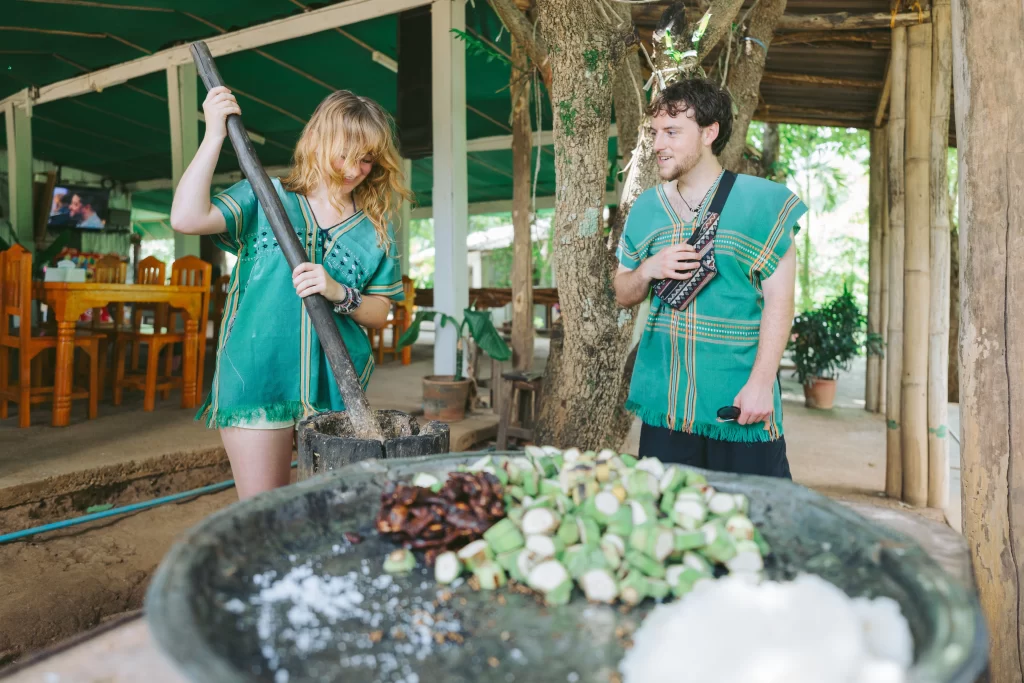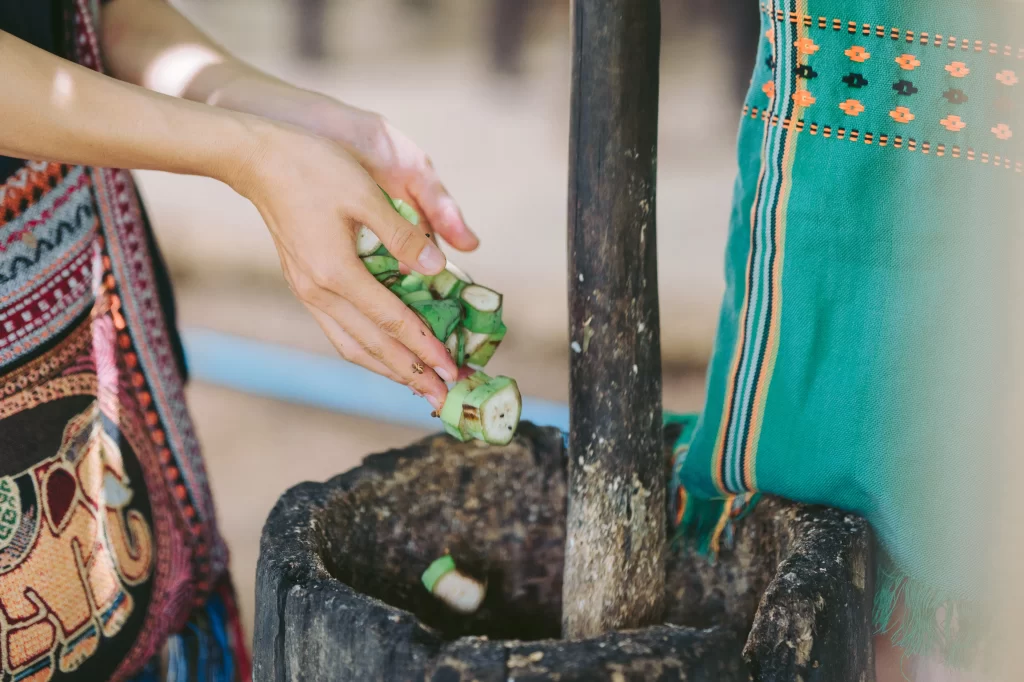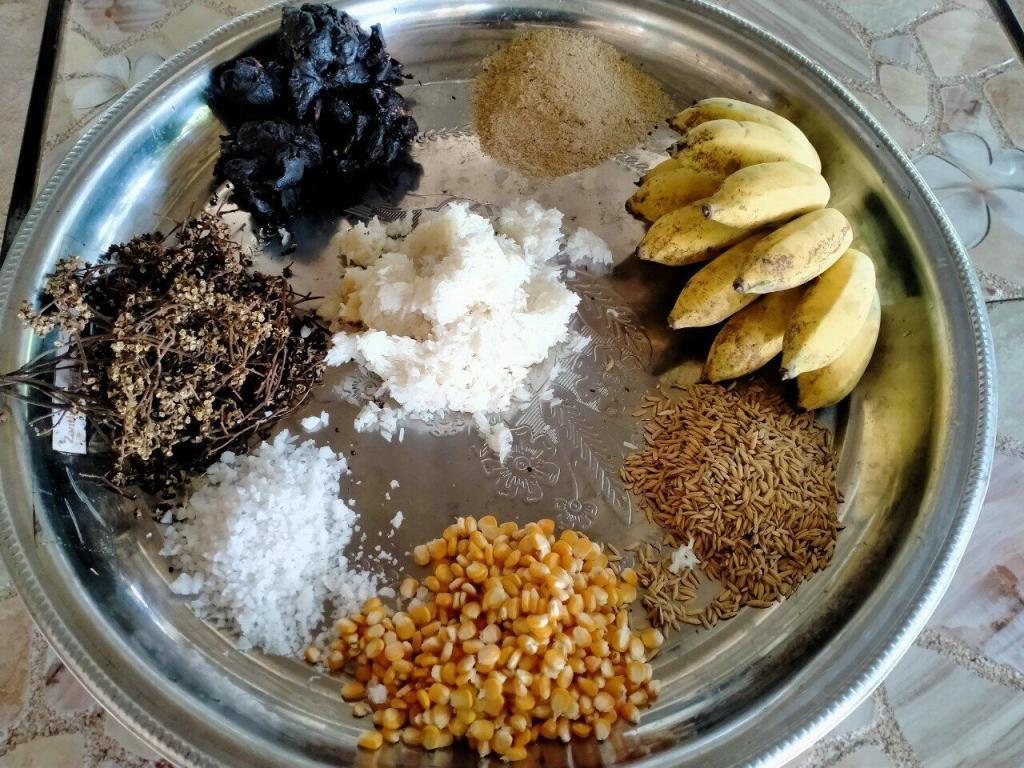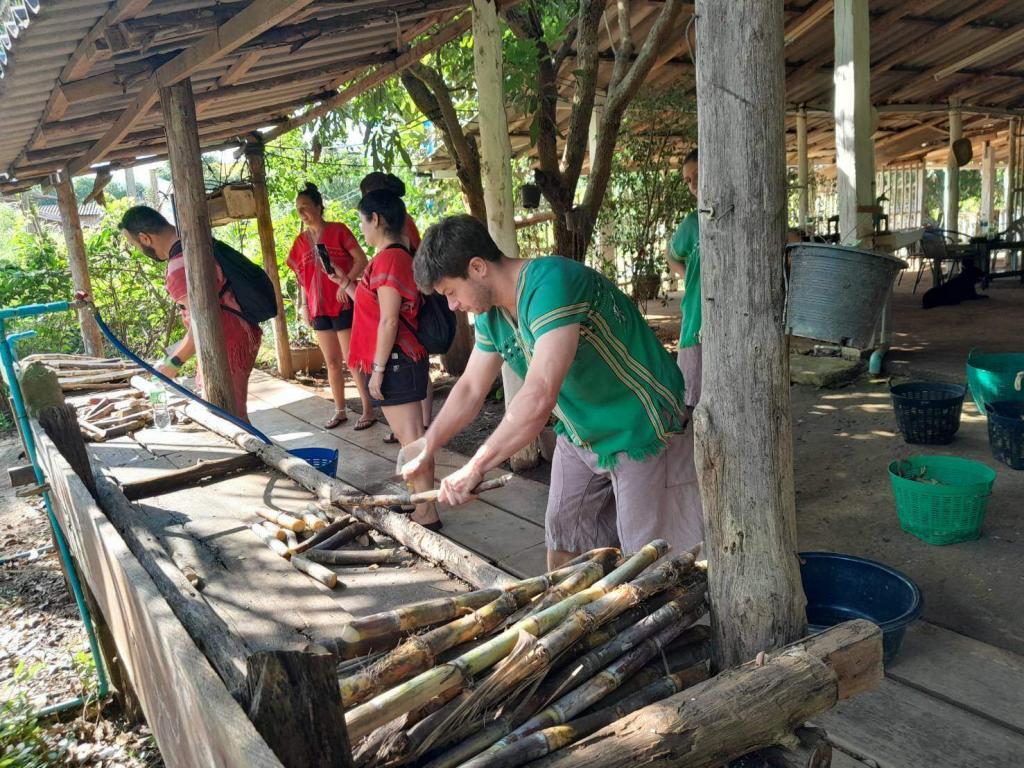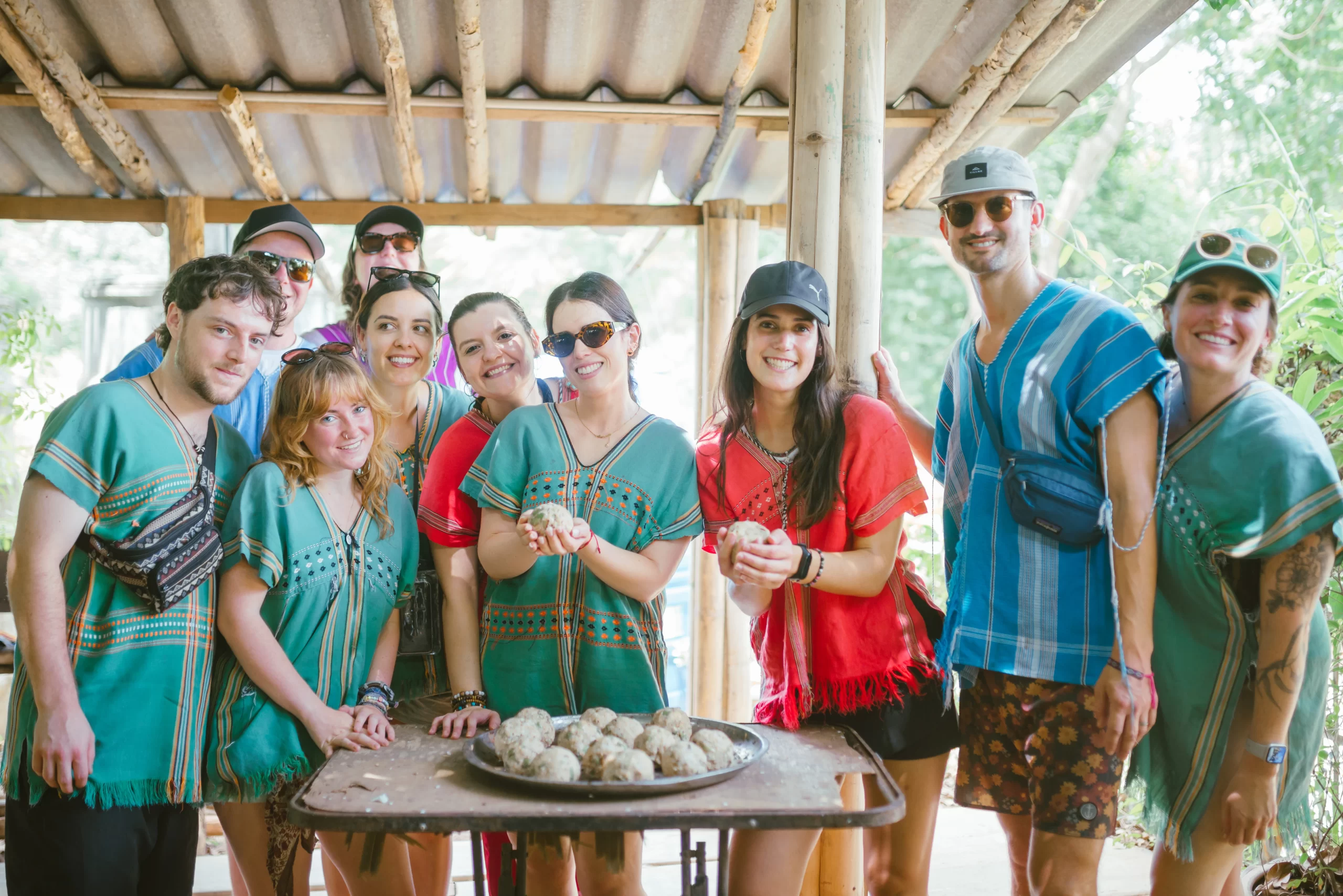Preparing Vitamins for Elephants in Chiang Mai
Elephants are majestic creatures revered in many cultures and often seen as symbols of wisdom and strength. In Chiang Mai, Thailand, where elephant tourism and conservation efforts intersect, veterinarians and caretakers play a crucial role in ensuring the well-being of these gentle giants. One of the essential aspects of elephant care involves the preparation and administration of vitamins and supplements, essential for maintaining their health and vitality. This article offers a glimpse into a day in the life of those who dedicate their time to this vital task, exploring the significance, methods, and challenges involved in vitamin administration for elephants in Chiang Mai.
The Importance of Vitamins for Elephants
Like many animals, elephants require specific nutrients to thrive. Vitamins and minerals play a critical role in their daily health, aiding in everything from immune response to bone density. Common deficiencies can lead to various health problems, including metabolic disorders and reproductive issues. For instance, Vitamin E is vital for preventing muscle degeneration and supporting a healthy immune system. With a natural diet that can sometimes lack these essential nutrients, supplementation becomes necessary, especially in captivity. In Chiang Mai, where domesticated elephants may not have access to the same range of natural foods as their wild counterparts, caretakers must be proactive in ensuring that these animals receive the proper vitamins and minerals they need.
Preparing Vitamins: The Early Morning Routine
The day starts early in Chiang Mai, with the first rays of sunlight breaking over the mountains. As the staff arrives at the elephant sanctuary, the air is filled with the sounds of the elephants greeting their caretakers. Preparing vitamins starts with a careful assessment of each elephant’s individual health needs, which often involves consulting with the resident veterinarian. Each elephant’s age, weight, and any existing health conditions are taken into account to determine the appropriate supplements and dosages. This step is crucial, as administering the wrong dosage can lead to adverse effects. The team then gathers the necessary supplies, including powdered vitamins, syringes for administering liquid supplements, and treats to help mask the taste of some less palatable formulations.
Administering Vitamins: Building Trust
Administering vitamins to elephants might seem straightforward, but it requires a great deal of care and patience. Each elephant has its own personality, and building trust is essential. Caretakers often start by spending quality time with the elephants, offering treats and engaging in gentle interactions. Once trust is established, administering the supplements can be done more smoothly. For example, some caretakers opt to mix powdered vitamins into a favorite treat like bananas or sugarcane, while others may use a syringe to deliver liquid supplements directly. The process can take time, as elephants are intelligent and may initially resist unfamiliar tastes or methods.


Challenges Faced During Vitamin Administration
While the goal is to keep the elephants healthy, the process of administering vitamins is not without its challenges. Some elephants may have dietary restrictions or preferences that make it difficult to introduce new supplements. Additionally, external factors such as weather conditions or stress from visitors can influence an elephant’s willingness to consume their vitamins. Caretakers must remain observant and adaptable, ready to try different strategies to ensure that each elephant receives its necessary nutrients. In some cases, keeping logs of what methods have been successful can help create a customized approach for each individual, improving the chances of compliance.
Monitoring Health and Adjusting Diets
Once the vitamins have been administered, monitoring the elephants’ health is crucial. Unlike humans, elephants cannot vocalize discomfort or distress, so caretakers must rely on visual cues. Changes in behavior, appetite, and physical appearance can provide essential insights into an elephant’s well-being. For instance, a decline in appetite may signal that something is amiss, possibly related to the vitamins or an underlying health issue. Through regular health checks and thorough documentation, the caretaking team can make necessary adjustments to the elephant’s diet or supplement regimen, ensuring that these magnificent animals receive the best care possible.
The Role of Technology and Research
In recent years, advancements in veterinary science and technology have revolutionized the way caretakers approach the health of elephants. Research into elephant nutrition has led to better understanding and improved formulations of supplements. For example, some veterinary hospitals now utilize blood tests to identify specific vitamin deficiencies in elephants, allowing for targeted supplementation. Moreover, digital platforms allow for easy communication among caretakers, enabling them to share successful strategies and stay updated on the latest research findings. This collaborative environment contributes to a higher standard of care for elephants in Chiang Mai.
Community Involvement and Awareness
Preparing and administering vitamins to elephants goes beyond individual sanctuaries. Community involvement is essential for raising awareness about elephants’ nutritional needs and the overall importance of wildlife conservation. Educational programs aimed at tourists and locals alike can shed light on ethical treatment and the significance of proper nutrition in captive elephants. This community engagement not only supports the work being done at sanctuaries but also fosters a culture of respect and care for these animals, ensuring they receive the best possible treatment now and in the future.
Conclusion: A Commitment to Care
Preparing and administering vitamins to elephants in Chiang Mai is an intricate process that reflects a deep commitment to the well-being of these incredible animals. Through careful planning, monitoring, and the use of innovative techniques, caretakers and veterinarians work diligently to ensure each elephant receives the nutrition they require to thrive. As the world learns more about the nutritional needs of elephants and the importance of their conservation, the hope is that these practices will become standard across all sanctuaries. A day in the life of these caretakers is not just about feeding elephants; it’s about nurturing a legacy of health, understanding, and respect for one of the planet’s most magnificent creatures.
